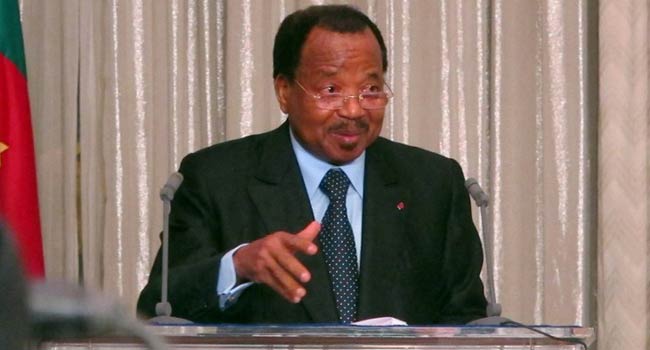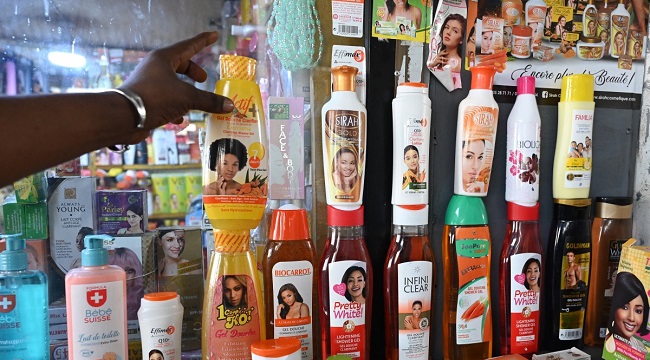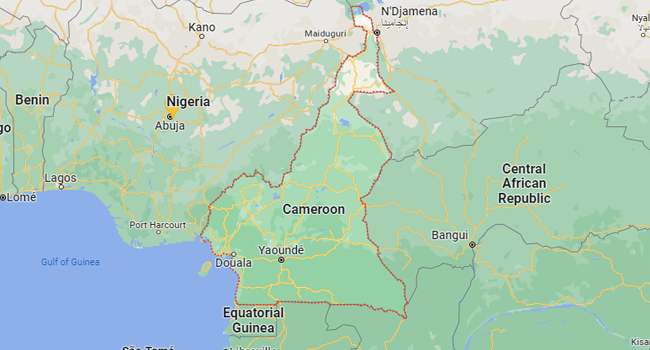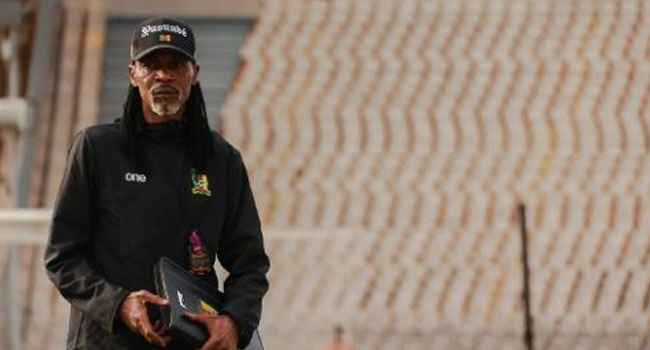
Cameroon has freed more than 1,300 prisoners in its two main cities in a bid to ease overcrowding and contain the spread of the new coronavirus, officials said.
In April, President Paul Biya in April signed a decree to commute sentences and free some prisoners as part of measures to combat the pandemic.
The justice minister said in a statement that 608 prisoners had been freed in Doula, the economic capital, and another 700 released in the capital Yaounde.
More prisoners in other areas are in the process of being released, the ministry said, with the exact number to be determined by commissions put in place to study who is eligible.
Cameroon has officially registered 1,163 infections and 42 deaths from the coronavirus pandemic, the second most affected country in sub-Saharan Africa after South Africa.
Cameroon has a prison population of around 30,000 with more than half of those awaiting sentencing and mostly held in overcrowded facilities.
Overcrowding, poor hygiene conditions and a high rate of illnesses such as tuberculosis, cholera and AIDS make the prison populations vulnerable.
AFP




